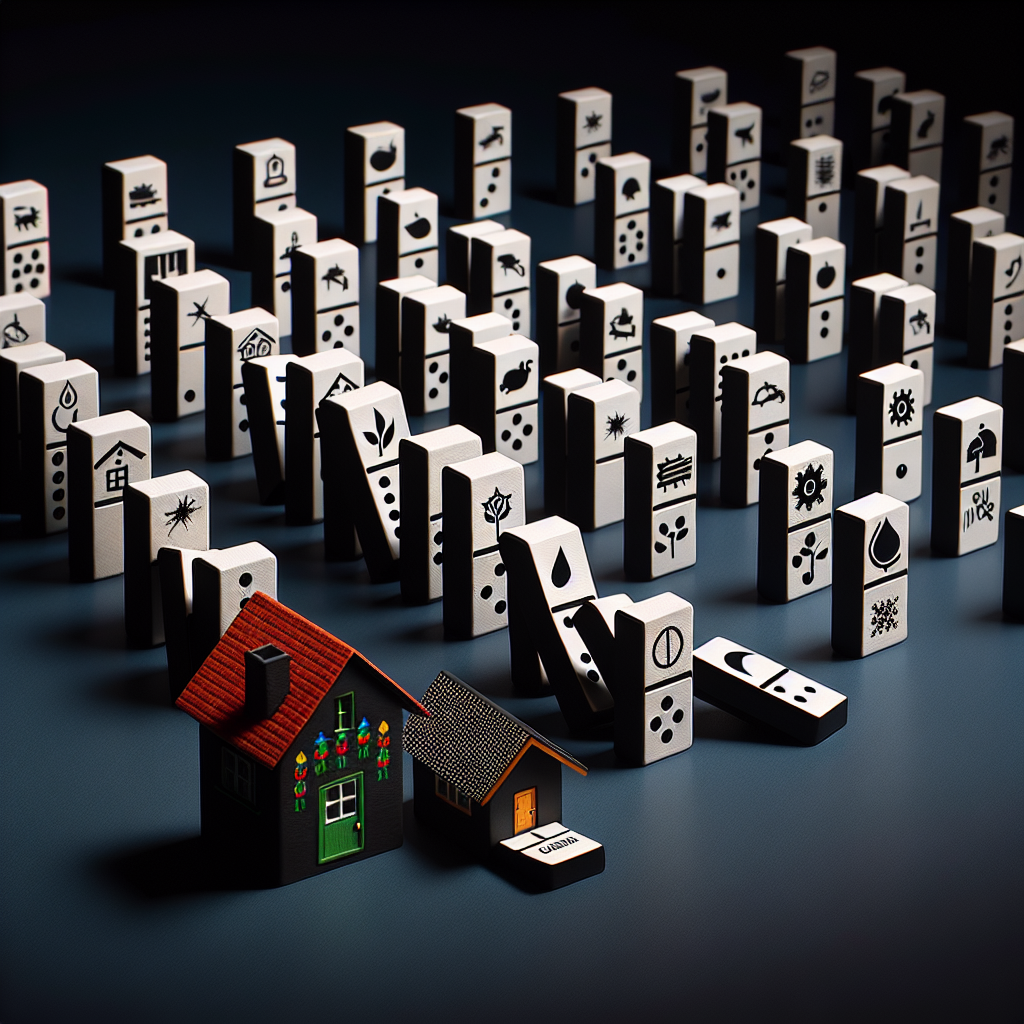Imagine losing your job. Then imagine countless others facing the same fate. What if these job losses echoed through the entire economy?
The Direct Link: Jobs to Homes
When good jobs disappear, so does steady income. Daily expenses become a real challenge. Meeting those monthly mortgage payments gets incredibly tough. For many, a home is their biggest asset and their largest debt.
Losing a reliable paycheck threatens that stability. It means less money for essentials. It also means less money flowing into businesses. This creates a downward spiral that affects everyone.
When Foundations Crumble
If widespread job losses lead to many home foreclosures, banks face huge losses. This can make them much more cautious. They might stop lending money easily. New loans for homes or businesses become scarce.
This tightening of credit slows down the entire economy. Businesses struggle to expand. People cannot buy new homes. The cycle of economic activity stalls.
Beyond the Numbers: A Human Story
This isn’t just about abstract financial figures. It’s about real families and their stability. It’s about deferred dreams and uncertain futures. Economic shifts impact actual lives in profound ways.
Understanding this connection is vital. It shows how intertwined our lives are. One person’s struggle can ripple through a community. Our collective financial health depends on individual well-being.
Our Interconnected World
Our economy acts like a vast, intricate network. Every part relies on another. A downturn in one sector can quickly spread. It highlights the importance of economic resilience.
This perspective helps us ask better questions. It encourages us to look at solutions. How can we support job creation? How can we prevent widespread housing crises?
Your Thoughts Matter
This headline sparked a big conversation. What are your thoughts on these economic ties? Have you seen these patterns in your own community? Dive deeper into the discussion.
Explore the full article and join the conversation here



